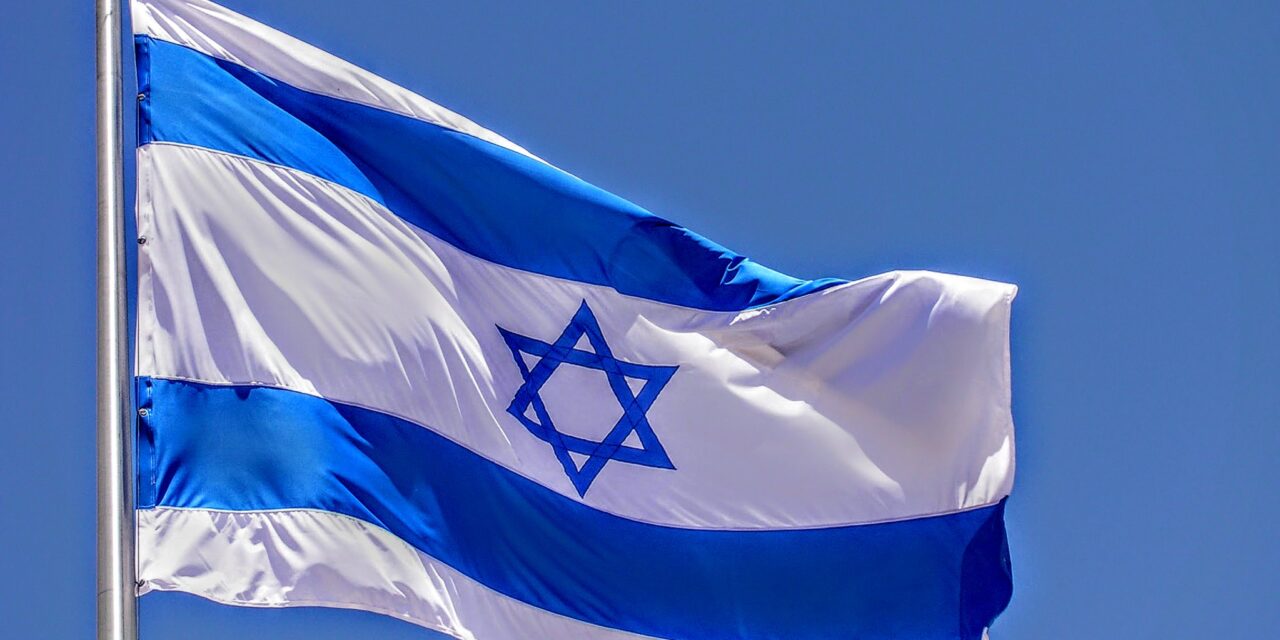Israel continues to fight a multifront war following the deadliest attack on Jews since World War II.
Monday, October 7th, 2024, marks the 1st anniversary of the Hamas terrorist attacks that left over 1,200 Israelis dead and 200 more taken hostage into the Gaza Strip.
Since the attack last year, Israel has been fighting a multifront war against multiple Iranian-backed proxy groups including Hamas in the Gaza Strip, Hezbollah in Southern Lebanon, and the Houthis in Yemen. Israel has had successful attacks against many of these groups in recent weeks. In Gaza they have siloed off the last remaining vestiges of Hamas, and in Lebanon they have knocked out communications along with the entire leadership structure of Hezbollah.
But, as Israeli-American journalist Ruthie Blum said in the most recent episode of the Commentary Magazine podcast Monday, despite recent successes in Israel’s war on terror, celebrating the anniversary doesn’t sit right with many Israelis.
“It makes me very uncomfortable celebrating an anniversary when none of this is over yet,” Blum said in response to a question on Israeli feelings on this somber day. “There are still 101 hostages in Gaza, we only started the war in Lebanon recently. The battlefield is still in Israel as well as all around, and even today, there are still rocket attacks, and two drones were intercepted being launched from Lebanon. So, it feels weird to mark it as an anniversary.”
Here in America, the Jewish community is bracing for potential acts of terror and hate crimes at places of worship. On Friday, the FBI and Department of Homeland Security issued a release saying that the anniversary of the attacks may motivate extremists and others to engage in violence against Jewish targets.
“Over the past year, we have observed violent extremist activity and hate crimes in the United States linked to the conflict,” the PSA states. “Jewish, Muslim, or Arab institutions—including synagogues, mosques/Islamic centers, and community centers—and large public gatherings, such as memorials, vigils, or other lawful demonstrations, present attractive targets for violent attacks or for hoax threats by a variety of threat actors, including violent extremists and hate crime perpetrators.”
These warnings follow a year of turbulence for the Jewish community in America following the October 7th attacks. The Crime Data Explorer compiled by the FBI revealed a total of 1,951 anti-Jewish hate crimes occurred in 2023, which was a 55% increase from the incidents reported in 2022. Of these, 980 incidents occurred in the last quarter of the year when the Hamas attack would have also occurred.
The Jewish community also deals with shocking imagery across urban centers and college campuses as anti-Israeli protests continue. Many protestors over the last year are faced with flags and clothing with the symbols of Hamas and Hezbollah, both enemies of Israel and designated terrorist groups by the U.S. government. Even today, anti-Israeli protests are planned across the country, with one in New York calling to ‘flood’ the streets which can be seen harkening to the ‘Al-Aqsa Flood’ which is the name Hamas gave to the October 7th attack on Israel.
Vice President Kamala Harris and second gentleman Doug Emhoff are marking the anniversary by planting a pomegranate tree at the Vice Presidential Residence. Pomegranates are a significant symbol in Judaism marking, among other things, righteousness and hope.
President Biden released a statement via a White House press release, while also attending a candlelight vigil at the White House where he was joined by Rabbi Aaron Alexander of Adas Israel Congregation in Washington, a family friend of slain American Israeli hostage Hersh Goldberg-Polin.






